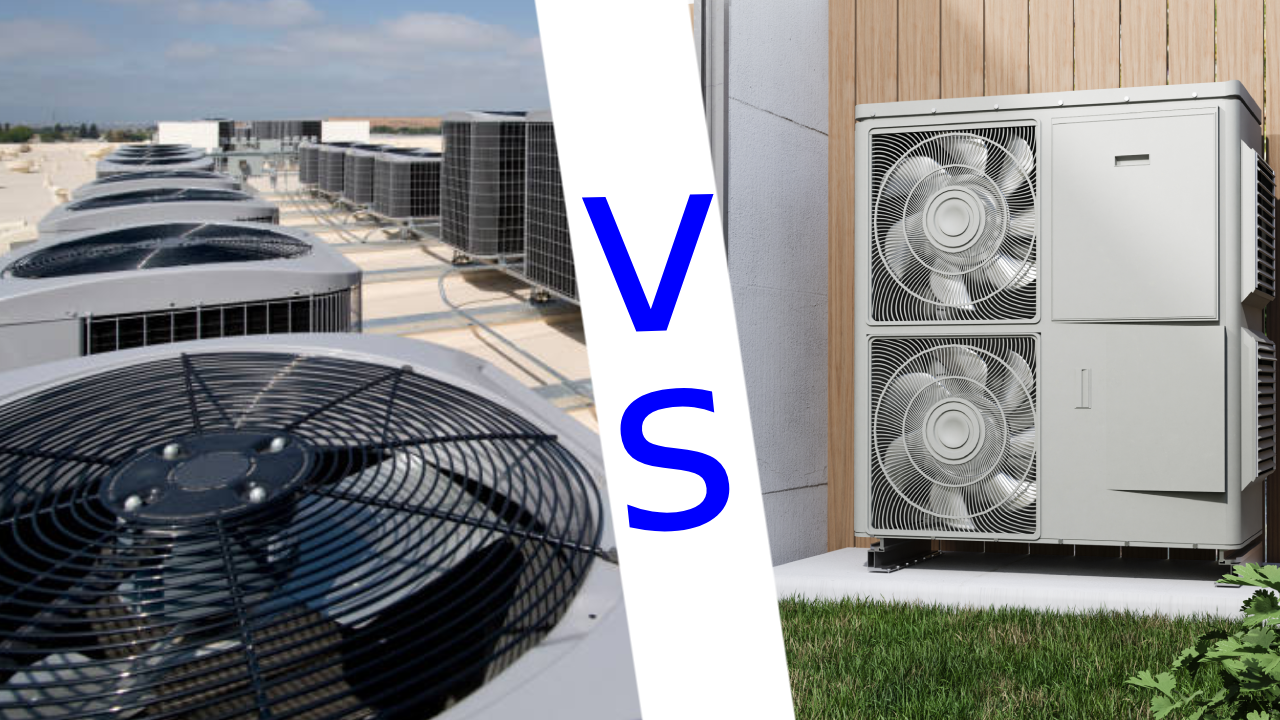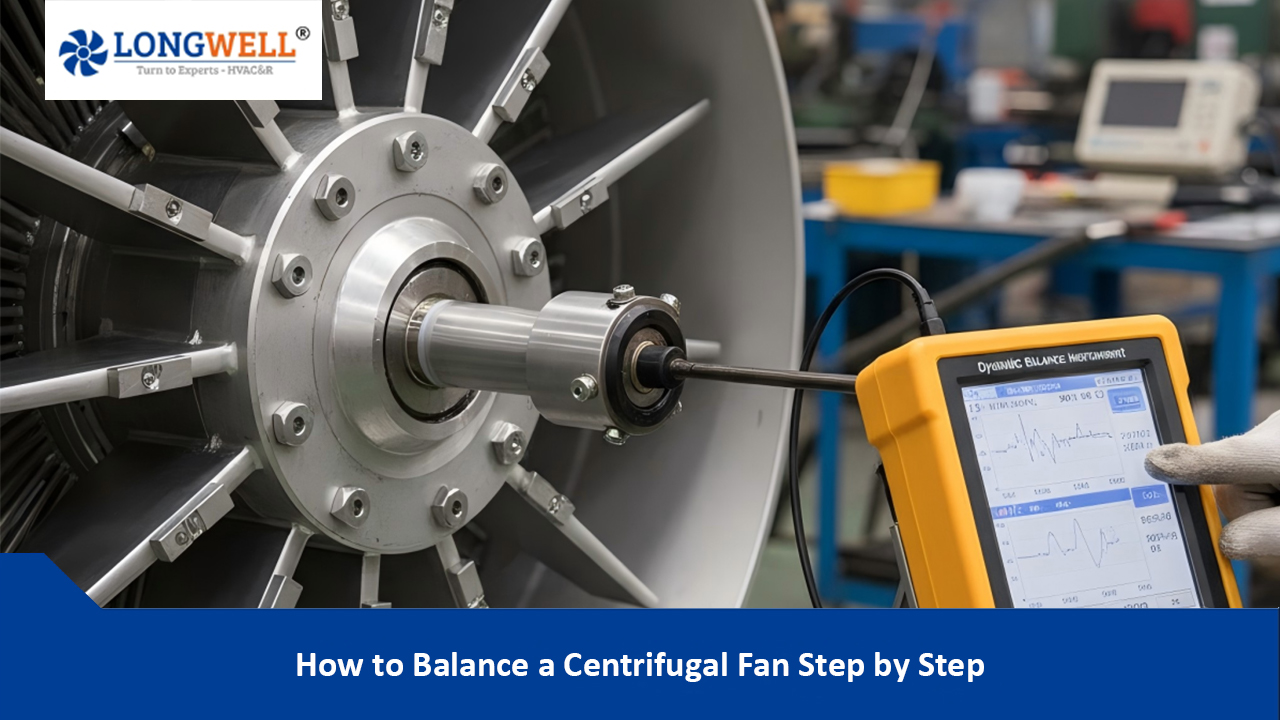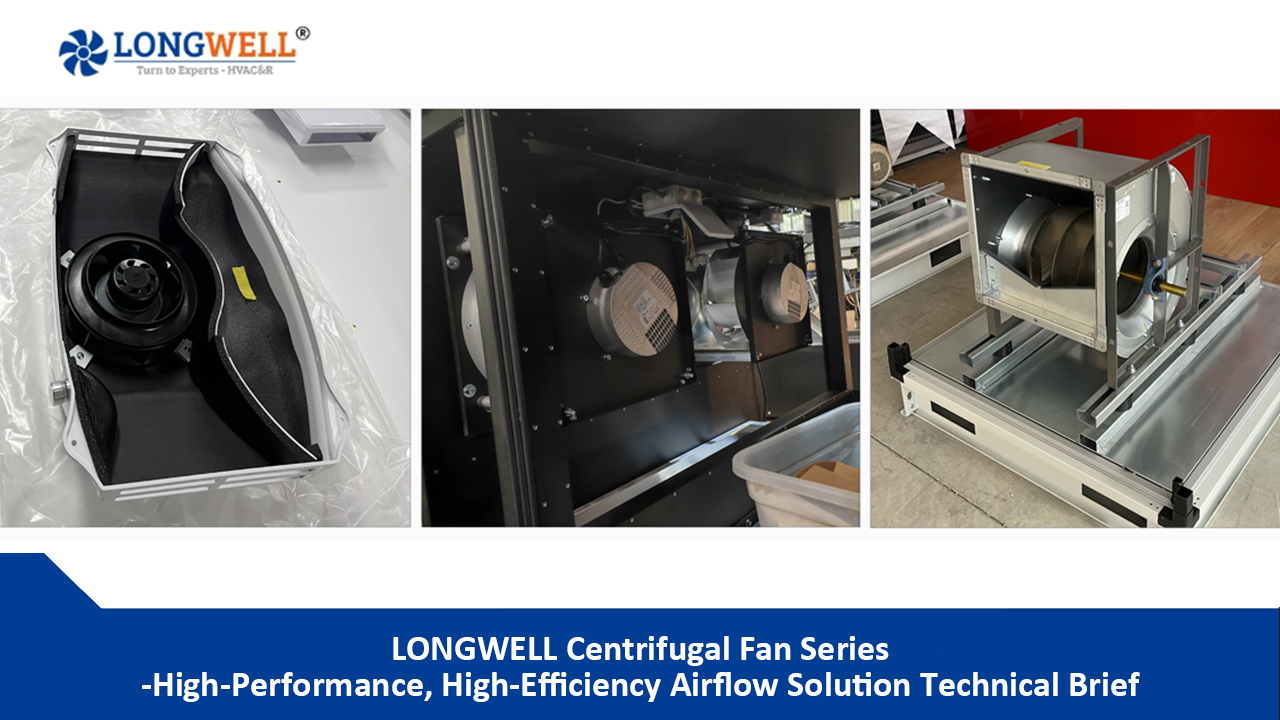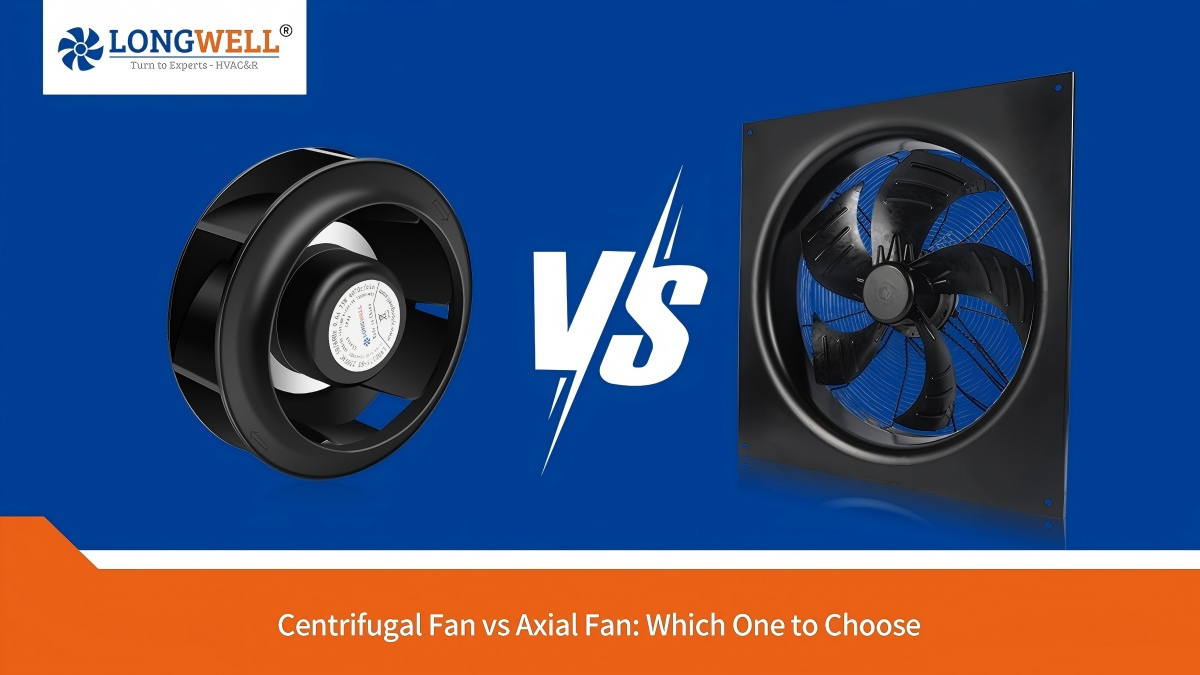
Key Highlights
- Heat pumps and HVAC systems are good choices for keeping your home comfortable throughout the year.
- You should understand how they work, their efficiency ratings, and their costs to choose the best system for you.
- Heat pumps are most effective in moderate climates. They can heat and cool your space by using a refrigerant cycle that can reverse.
- HVAC systems usually have a furnace and an air conditioner. This makes them better for places with very hot or very cold weather.
- When picking between these two systems, consider energy efficiency, installation costs, maintenance needs, and environmental impact.
Introduction
For the best comfort at home, you need a good heating and cooling system. Popular choices are heat pumps and traditional HVAC systems. Each one has its own features and benefits. Both can keep indoor temperatures stable. But they work in different ways, use energy differently, and have different costs. This guide will explain these differences in an easy way. It will help homeowners understand what each system offers. Then, they can choose what fits their needs and situations.
Understanding Heat Pumps
Heat pumps are a good option for managing temperatures. Unlike regular systems that make heat, they transfer heat from one place to another. This process makes them very energy-efficient, especially in moderate climates. They work like a two-sided air conditioner. They can take heat from the outside air and move it to where it is needed.
In winter, heat pumps take heat from the outside air, even if it’s cold, and bring it inside to warm your home. In summer, they work in the opposite way. They remove heat from the indoor air and send it outside. This shows they can cool your home too. This ability makes heat pumps a great choice for homeowners who need both heating and cooling in one system.
The Basics of Heat Pump Technology
A heat pump system relies on special technology. It moves heat between the outside air and your home. This system uses a refrigerant cycle that can reverse its direction. Because of this, it can either warm or cool your space based on the season.
In winter, you need to keep your home warm. A heat pump can assist with this. It extracts heat from the outside air, even if it’s chilly. Inside the pump, the refrigerant absorbs this heat and changes from a liquid to a gas. Then, when it reaches the indoor unit, the refrigerant lets go of the heat, warming the indoor air.
When summer comes and you want to cool down, the heat pump uses a part called a reversing valve. This clever valve changes the direction of the refrigerant. Now, the refrigerant takes heat from the indoor air, cools it down, and sends the heat outside.
Key Advantages of Using a Heat Pump
One big benefit of using a heat pump is that it saves energy. This is mainly true in moderate climates, where temperatures don’t change much between seasons. Heat pumps work by moving heat rather than making it. Because of this, they consume much less energy than normal heating systems. This means you will notice lower energy bills.
Also, heat pumps provide:
- Consistent Temperatures: Heat pumps maintain steady indoor temperatures. You won’t feel the bothersome temperature changes that occur with traditional heating systems that turn on and off.
- Improved Indoor Air Quality: Heat pumps clean the air inside your home. They filter out allergens, dust, and other particles. This helps make your indoor air healthier.
- Reduced Environmental Impact: Heat pumps mainly use electricity. This cuts down on the reliance on fossil fuels. It helps lower your carbon footprint and encourages a more sustainable way of living.
Delving into HVAC Systems
H2: Exploring HVAC Systems:
Knowing about HVAC systems is key if you want your indoor space to feel nice. These systems can heat and cool your space, helping you control the temperature any time of the year. They have several parts, like the outdoor unit, the indoor unit, and the evaporator coil. All these parts work together to keep the indoor air quality good. HVAC systems are flexible. They provide heat in cold weather and cool air during the summer months. This makes them important for homes in different climates. Their energy efficiency and comfort make them a great choice for houses and businesses.
What Constitutes an HVAC System?
A central air conditioning or HVAC system has many parts that work together. They keep your home comfortable every year. The central air conditioner is outside the house. It cools the air for your home. Inside, a furnace that often uses natural gas takes care of heating. Both units connect by ducts. These ducts carry air through your home.
In the summer months, the air conditioner starts working. It pulls in the hot air from your home. This hot air moves over an evaporator coil that has refrigerant inside it. The refrigerant takes away the heat from the air. After that, the cooled air is pushed back into the rooms through the ducts.
When it gets cold outside, your furnace kicks in. It begins using fuel to make heat. This heat moves through the same ducts that your air conditioner uses. Together, they help keep your home warm and cozy throughout the year.
Benefits of HVAC Systems for Modern Homes
HVAC systems are a good choice for keeping your home comfortable. You can control the temperature and humidity, which makes the indoor air pleasant for everyone. Also, using energy-efficient HVAC models can reduce energy use. This helps you save money on your bills.
Besides controlling temperature, HVAC systems also assist with:
- Better Indoor Air Quality: Many HVAC systems have good air filters. They take out dust, pollen, and allergens. This helps the air in your home be healthier for your family.
- Increased Home Value: A well-kept HVAC system can boost your home’s value. This makes it more attractive to buyers if you decide to sell.
- Dependable Performance: HVAC systems are known to be reliable. They work well in extreme weather. You can feel safe knowing your home will stay comfy, no matter what the weather is like outside.
Comparing Heat Pumps and HVAC Systems
When picking the right heating and cooling system for your home, you should compare heat pumps and HVAC systems. It’s important to know how they operate, their energy efficiency, and their overall costs. By doing this, you can find the best system for your climate, budget, and care for the environment.
Heat pumps can save a lot of energy, especially in moderate climates. HVAC systems usually work better in places with very high or very low temperatures. In the end, the best system for a homeowner depends on different factors. These factors include where they live, the cost of energy, and what they prefer personally.
Operational Differences Between Heat Pumps and HVAC
A main difference is how they make warm or cool air. In the heat pump vs AC discussion, a heat pump moves heat. An air conditioner, on the other hand, creates it. An air conditioner uses refrigerant to take heat from indoor air and sends it outside. Then, it brings the cooled air back inside. A furnace burns fuel to create heated air, which then spreads around the home.
A heat pump works in a special way. It does not make heat. Instead, it moves heat from the outside air or the ground. This depends on the type of heat pump. In heating mode, it gathers heat from outside and brings it inside. When it changes to cooling mode, it does the opposite. It takes heat from the indoor air and sends it outside.
The main difference is about energy efficiency and cost. This depends on the climate. Heat pumps work well in moderate temperatures. On the other hand, traditional HVAC systems may work better in extremely hot or cold places.
Cost Analysis: Initial Installation and Maintenance
Knowing how much heat pumps and HVAC systems cost is important. A heat pump usually costs more to install than a regular HVAC system. This is due to its complex technology and installation. However, the higher initial cost can often be offset by lower costs to run it over time. This is especially true in moderate climates, where heat pumps are more efficient.
The maintenance costs for both systems are about the same. It is important to do regular upkeep, such as changing filters, cleaning parts, and having annual inspections. This helps keep them working properly and lasting longer. If you don’t do maintenance, it can reduce efficiency, increase energy consumption, and lead to costly repairs.
| Feature | Heat Pump | HVAC System |
|---|---|---|
| Installation Cost | Higher due to more complex technology and installation process. | Generally lower than heat pumps |
| Maintenance Cost | Comparable to HVAC systems; regular maintenance is essential for both. | Similar to heat pumps; annual inspections and routine maintenance are crucial for efficiency and longevity. |
| Seasonal Energy Efficiency Ratio (SEER) | Higher SEER ratings translate to greater energy efficiency and lower operating costs in the long run. | SEER ratings vary; newer models tend to be more energy efficient. |
Energy Efficiency and Environmental Impact
When we consider how energy efficient heat pumps are compared to HVAC systems, several points matter. Heat pumps are good at moving heat instead of making it. This makes them work well in moderate climates. They usually have higher energy efficiency ratings. Plus, they use less fossil fuel, which is better for the environment.
HVAC systems, especially those with natural gas furnaces, often use a lot of energy. But thanks to new technology, there are high-efficiency models that use less energy. In the end, how efficient each system is will depend on the climate, the model’s efficiency, and how the homeowner uses it.
Heat Pump Efficiency Ratings Explained
To see how good a heat pump is, look at its Seasonal Energy Efficiency Ratio (SEER) rating. This rating shows how well the pump turns electricity into cooling power. A higher SEER rating means it is more energy efficient, which can lead to lower bills. If you want an energy-saving heat pump, choose one with an ENERGY STAR certification. This means it meets high energy efficiency standards set by the US Environmental Protection Agency.
In addition to the SEER rating, check the Heating Seasonal Performance Factor (HSPF). This rating tells you how well the heating system works. A higher HSPF means better heating performance and uses less energy in the winter.
Homeowners can look at the SEER and HSPF ratings to find heat pump models. This assists them in selecting those that provide the best cooling and heating efficiency for their climate and needs.
HVAC Systems and Environmental Considerations
Traditional HVAC systems, especially those using fossil fuels like natural gas or oil for heating, are worse for the environment than heat pumps. Burning fossil fuels sends greenhouse gases into the air. This adds to climate change. Also, collecting and processing fossil fuels brings more dangers to the environment.
Using electric HVAC systems, especially those that run on renewable energy, can help lessen harm to the environment. If you choose energy-efficient HVAC models with high SEER ratings, you will use less energy. This means you will also lower your carbon footprint.
Homeowners who care about the environment should think about getting energy-efficient HVAC systems. Switching to greener choices, like heat pumps, is a good idea too. This is especially important in moderate climates, where heat pumps work effectively. By choosing these options, homeowners can enjoy a comfortable indoor space while also lowering their environmental impact.
Conclusion
In conclusion, it is key to know the differences between heat pumps and HVAC systems. This understanding can help you keep your home comfy and save energy. Heat pumps are good for heating and cooling in an efficient way. HVAC systems give you better control over your indoor environment. When you choose, think about your needs, budget, and the effects on the environment. Both choices have special benefits that can improve your living area. For expert help in choosing the right system for your home, contact us for a personal talk.
Frequently Asked Questions
Can a heat pump serve as both heating and cooling systems?
A heat pump can both heat and cool a space. It uses a part called a reversing valve to change how the refrigerant moves. In the summer months, it pulls heat from the indoor air to cool down the area. In winter, it takes heat from the outside air to warm things up.
Is an HVAC system more reliable than a heat pump?
The reliability of HVAC systems and heat pumps depends on regular maintenance. Usually, HVAC systems work well in extreme weather. However, heat pumps may not work as efficiently when the temperatures are extremely low.
How do the costs of running a heat pump compare to traditional HVAC?
A heat pump unit may cost more to install initially. However, it is very energy efficient. This means it uses less energy. Because of this, it can lower your operating costs compared to traditional HVAC systems. This is especially true in moderate climates.



